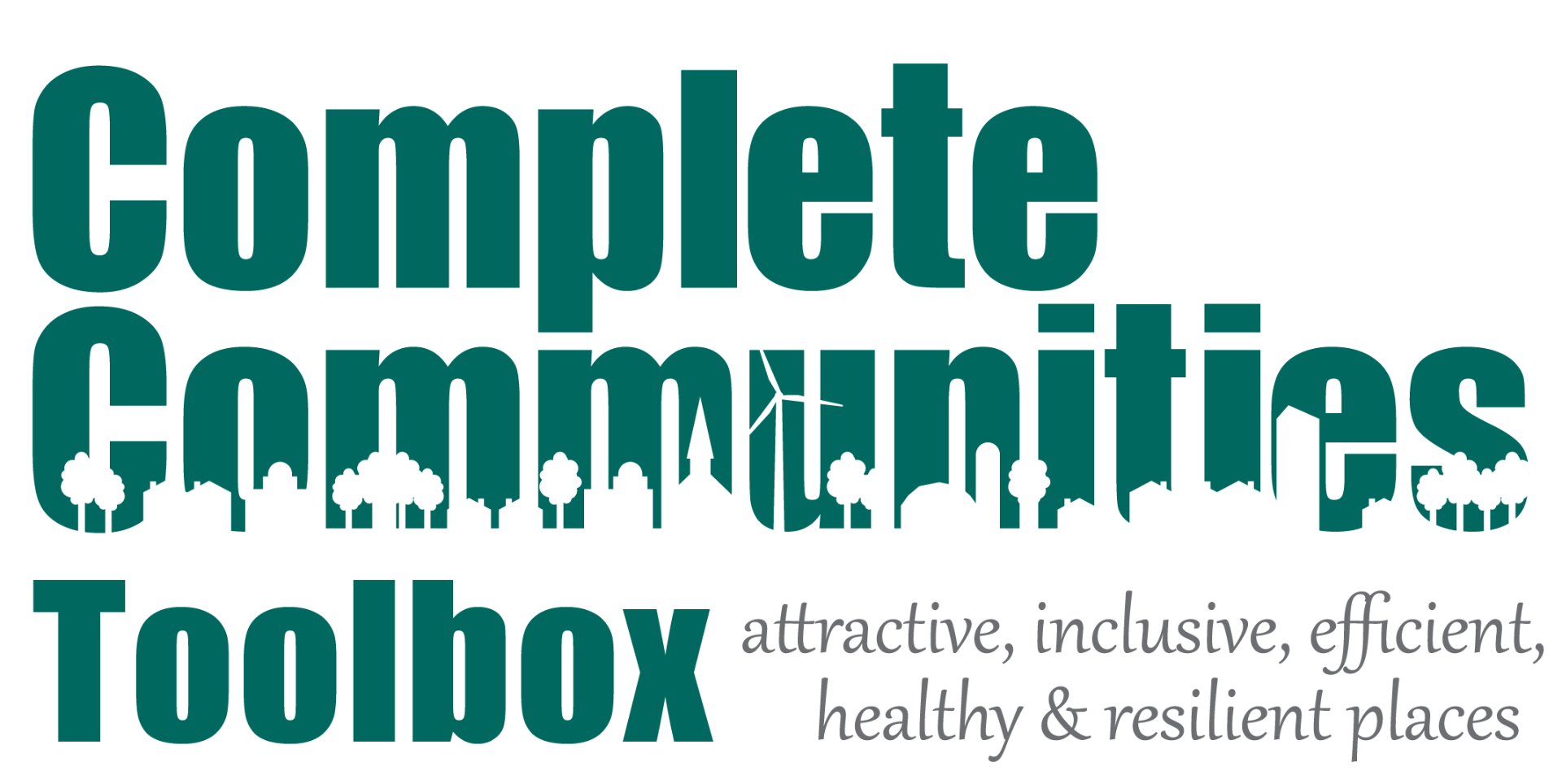by Sarah Marshall Pragg | Mar 10, 2017 | News, Toolbox
Delaware’s municipalities are increasingly being asked to focus much of their attention on the state’s expected new growth and development. Municipalities must make difficult decisions that can have long-lasting impacts on the community’s character, economy, and...
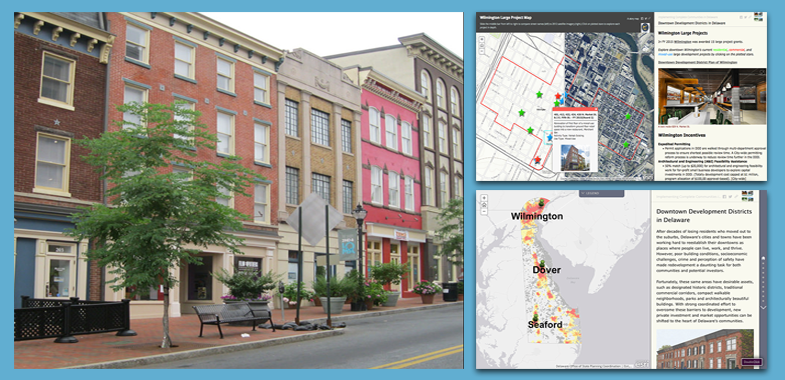
by Sarah Marshall Pragg | Jul 1, 2016 | News, Toolbox
On June 27, Governor Jack Markell and the Delaware State Housing Authority announced that Wilmington, Dover, and Seaford will receive $4.5 million in grant funding for 11 downtown revitalization projects at part of Delaware’s Downtown Development Districts...
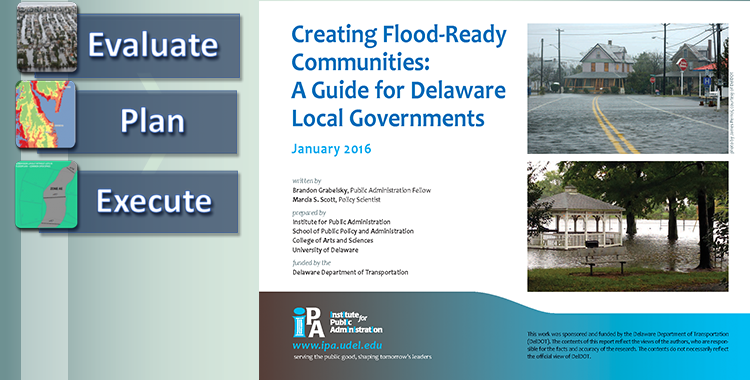
by Sarah Marshall Pragg | Feb 2, 2016 | News, Toolbox
Delaware Local Government Planning Framework: Flood-Ready Communities Resilient communities leverage the strengths and capacities of individuals, families, businesses, schools, and hospitals to “bounce back” after flood events, rather than merely react to impacts. The...
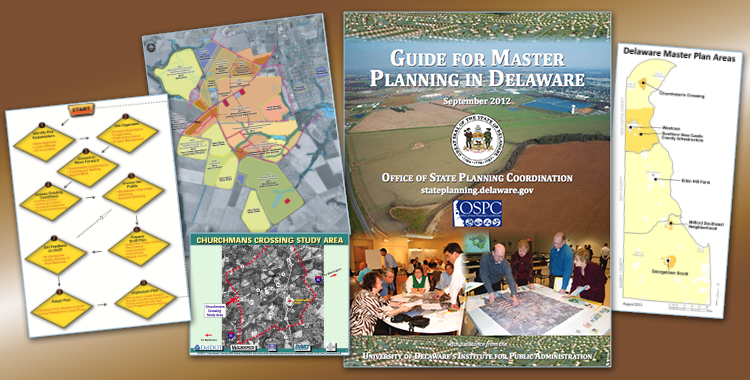
by Sarah Marshall Pragg | Jul 2, 2014 | News, Toolbox
Master Planning is an integral component of the Complete Communities framework. It complements and integrates other planning activities. Local comprehensive plans articulate visions and formulate general guidelines for achieving desired land use patterns in counties...
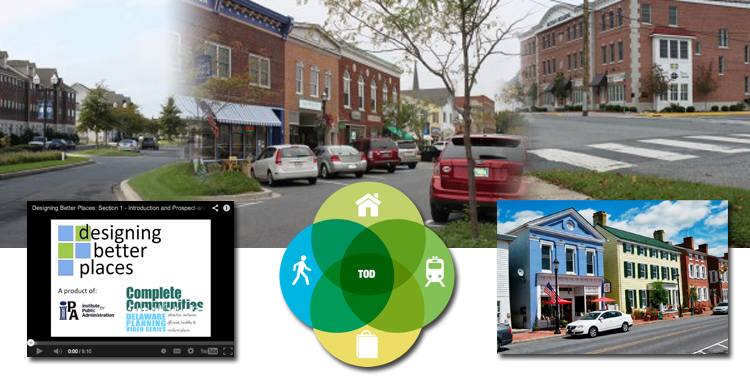
by Sarah Marshall Pragg | Dec 20, 2013 | News, Toolbox
Introducing a new feature of the Complete Communities Delaware Project site! The Delaware Complete Communities Toolbox can be used by citizens and planning professionals to help create complete communities that are desirable places to live for people of all ages and...





